These are the 46 top books on how to make conversation, ranked and reviewed.
Book links are NOT affiliate links. I only recommend books if I think they’re good.
This is my book guide specifically for how to make conversation. Also, see my book guides on social skills, social anxiety, confidence, self-esteem, making friends, and body language.
Sections
- Best books covering the basics of making conversation
- Best books covering more advanced techniques
- Best books on having difficult conversations
- Best books that focus on making deeper connections
- Best books for people with social learning difficulties
- Honorary mentions
Top Picks
There are 46 books in this guide. To help you choose, here are my 21 top picks for different areas.
General conversation skills
- Top pick for the basics of small talk
- Top pick for building rapport
- Top pick for improving your social life
- Top pick for talking to someone you’re attracted to
- Top pick for listening skills and empathy
- Top pick for bite-sized business-focused tips
Improving confidence
Advanced conversation skills
- Top pick for taking your skills to the next level
- Top pick for more meaningful conversations
- Top pick for advice in biography form
- Top pick to help build communication skills
- Top pick for charismatic conversations
- Top pick on asking effective questions
Difficult conversations
- Top pick for dealing with tough conversations
- Top pick for learning fundamental negotiation skills
- Top pick for dealing with confrontations
- Top pick for navigating sensitive topics in-person and online
Making deeper connections
Autism and other social learning difficulties
- Top pick for the core basics of making conversation
- Top pick for people who struggle to read social cues
Best books covering the basics of making conversation
Top pick for the basics of small talk
1. Conversationally Speaking
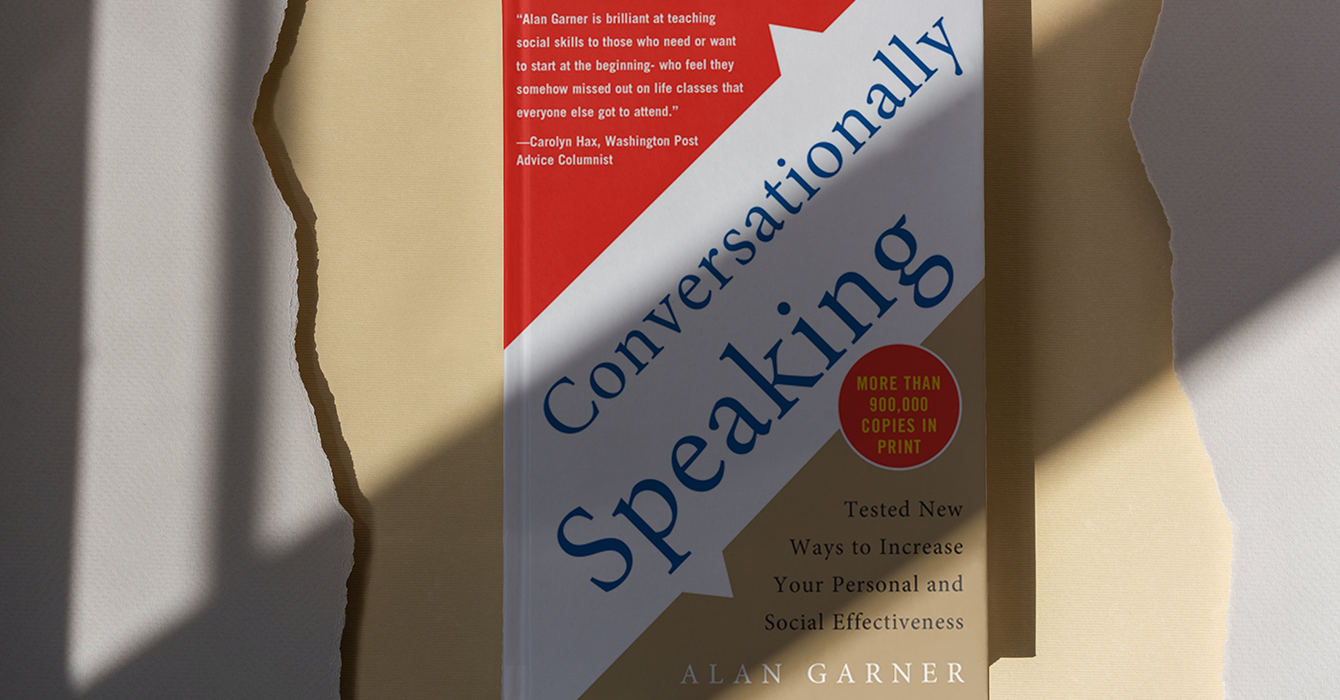
Author: Alan Garner
This is one of the cult classics – together with How to Win Friends – with over 1 million copies sold. It’s about becoming a smooth conversationalist more than anything else. It focuses on small talk with strangers and acquaintances rather than building deeper relationships with close friends.
The language is a bit old (the book was published in 1981), but the strategies are great. It isn’t super-elaborate on the techniques but is more about giving you a broad understanding. It’s heavily research-based. Sometimes, at the beginning of the chapters, you think, “This is way too obvious” but then the author gives a new take on what you thought you knew.
Do buy this book if…
- You want a conversation classic that’s considered the best in the field.
- You want to learn the basics.
- You want something that’s science-based.
Do NOT buy this book if…
- You are looking for a highly detailed guide. (If so, choose How to Speak – How to Listen)
- You are only looking for advice on how to get past small talk to build deeper relationships. (Then I’d also recommend How to Speak – How to Listen)
4.4 stars on Amazon.
Top pick if small talk makes you nervous
2. The Fine Art of Small Talk
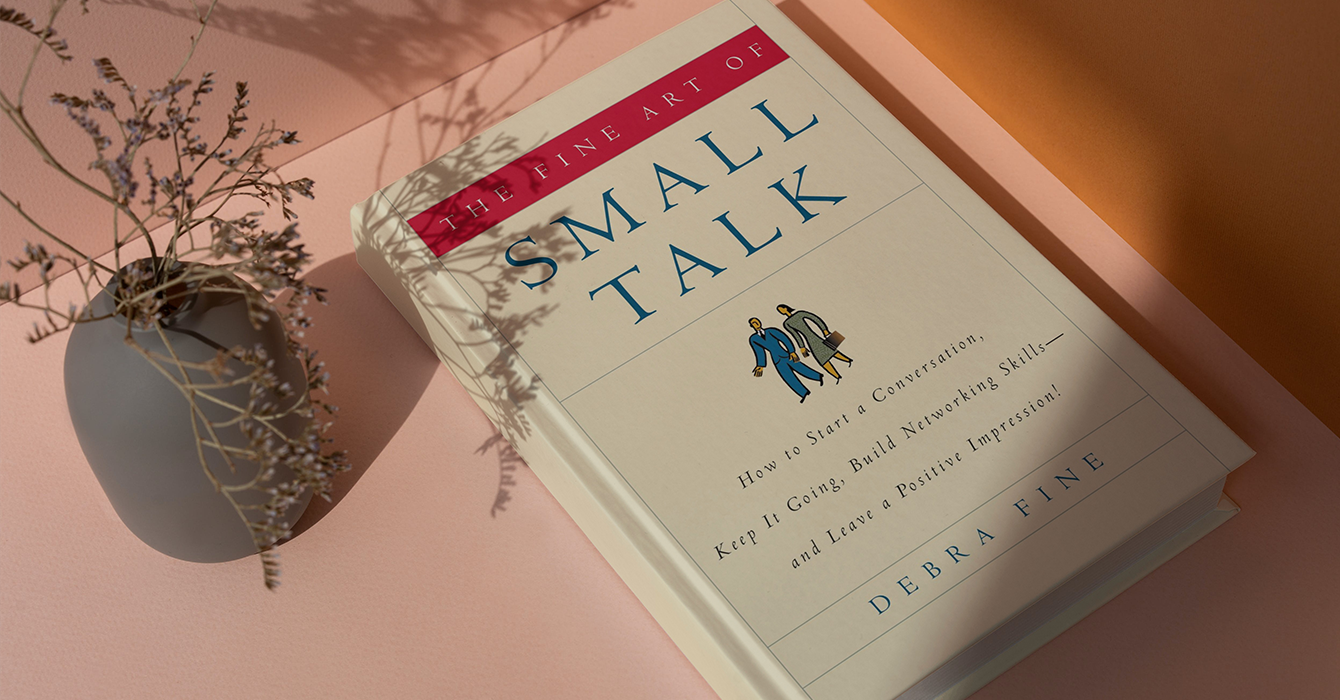
Author: Debra Fine
This is a quick read and takes about 3 hours to finish. It’s the perfect conversation book for someone with social anxiety as it covers how to deal with nervosity in conversations.
Be aware that a lot of the examples are in a business setting, even though the techniques can be applied anywhere.
Not all advice is super-applicable, and it doesn’t go as in-depth as I think it could.
Some examples in the book are outright tacky. Others aren’t super-applicable. But on the whole, it’s the best alternative if you want a book that’s fast to read and easy to apply.
Do buy this book if…
- You are looking for a quick read.
- Talking to people makes you feel nervous.
Do NOT buy this book if…
- You are looking for something comprehensive
- If you want very applicable advice (If so, I can recommend this free guide on how to start a conversation)
4.4 stars on Amazon.
3. We Need to Talk
Author: Celeste Headlee
Celeste Headlee is a journalist and radio presenter. During her career, she’s had lots of practice in the art of making conversation and building rapport with people from diverse backgrounds. This book is a breakdown of the lessons and techniques she’s picked up along the way. It’s a good introduction to basic principles, such as the importance of listening and the power of simple language. Some readers say that the tips are mostly just common sense, but the book is still a useful read if you want to have more balanced, insightful conversations.
Do buy this book if…
- You want some general tips on how to have more balanced conversations.
- You like books that contain lots of examples.
Do NOT buy this book if…
- You’ve already mastered basic conversation skills.
4.5 stars on Amazon.
Top pick for improving your social life
4. How to Win Friends and Influence People
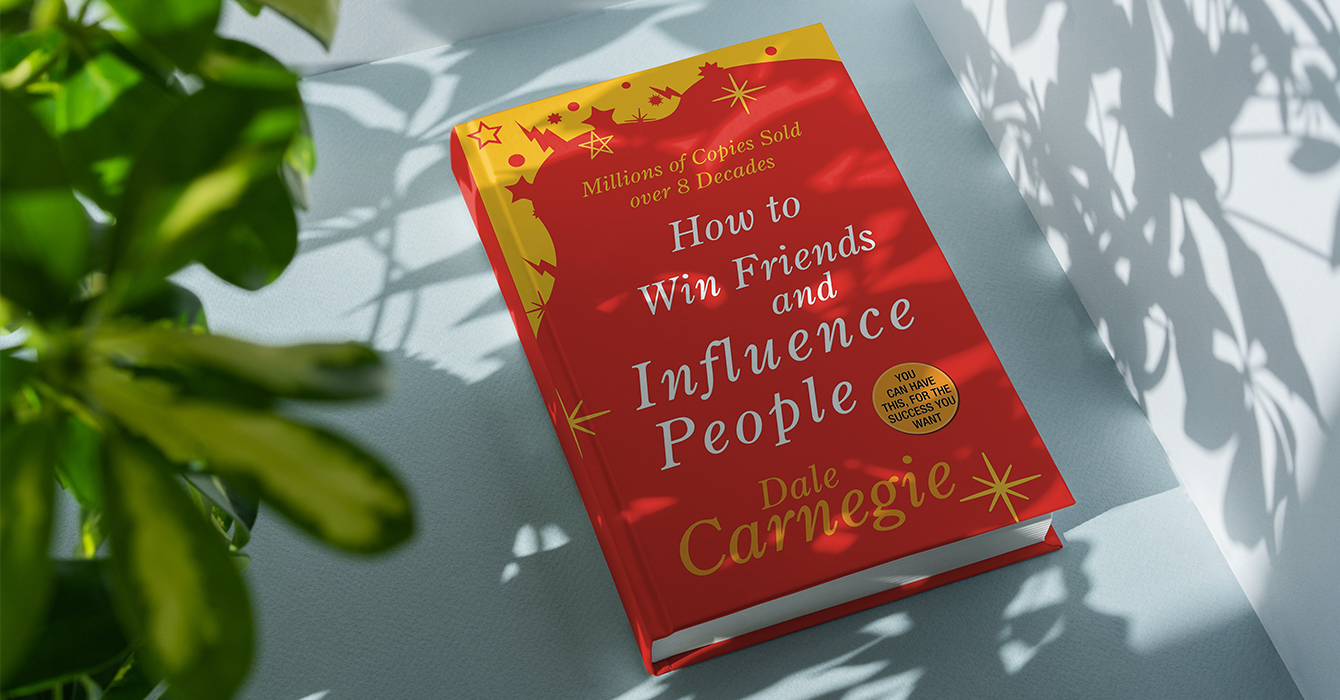
Author: Dale Carnegie
This is the first book I read about conversations and social skills back when I was 15. Since then, I’ve revisited it many times, and it’s still a must-read (Even though it was written in 1936!)
Do buy this book if…
You want the best foundations for not only conversations but for a good social life in general.
Do NOT buy this book if…
- You want something that focuses only on conversations.
- You have social anxiety: the book doesn’t talk about how to deal with anxiety and nervosity in conversations.
4.7 stars on Amazon.
Top pick for talking to someone you’re attracted to
5. How To Start A Conversation And Make Friends
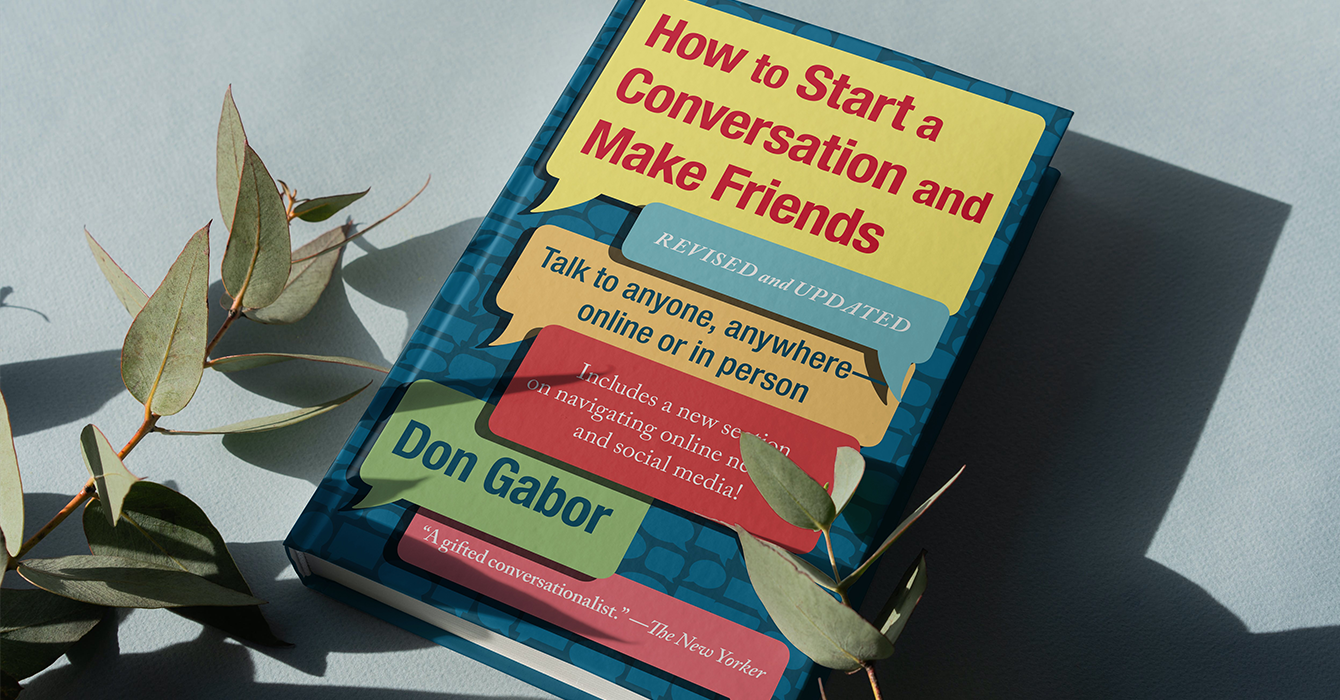
Author: Don Gabor
Here’s a basic, easy-to-apply book for people who want to cut straight to the techniques. Be aware that it seems geared toward men who want to talk to women.
It’s written by someone who to me seems to be an extrovert, so the perspective is very different than in, say, “Improve Your Social Skills”.
I think a book by an extrovert can be a valuable perspective if you’re an introvert, but others might find it alienating.
Do buy this book if…
- You want something simple to read.
- You want to be better at talking to someone you’re attracted to.
- You want to learn from an extrovert.
Do NOT buy this book if…
- You aren’t interested in the “talk to someone you’re attracted to” focus.
- You want a more complete book with more in-depth advice.
- You DON’T want to learn from an extrovert 🙂
4.4 stars on Amazon.
Top pick for bite-sized business-focused tips
6. How to Talk to Anyone
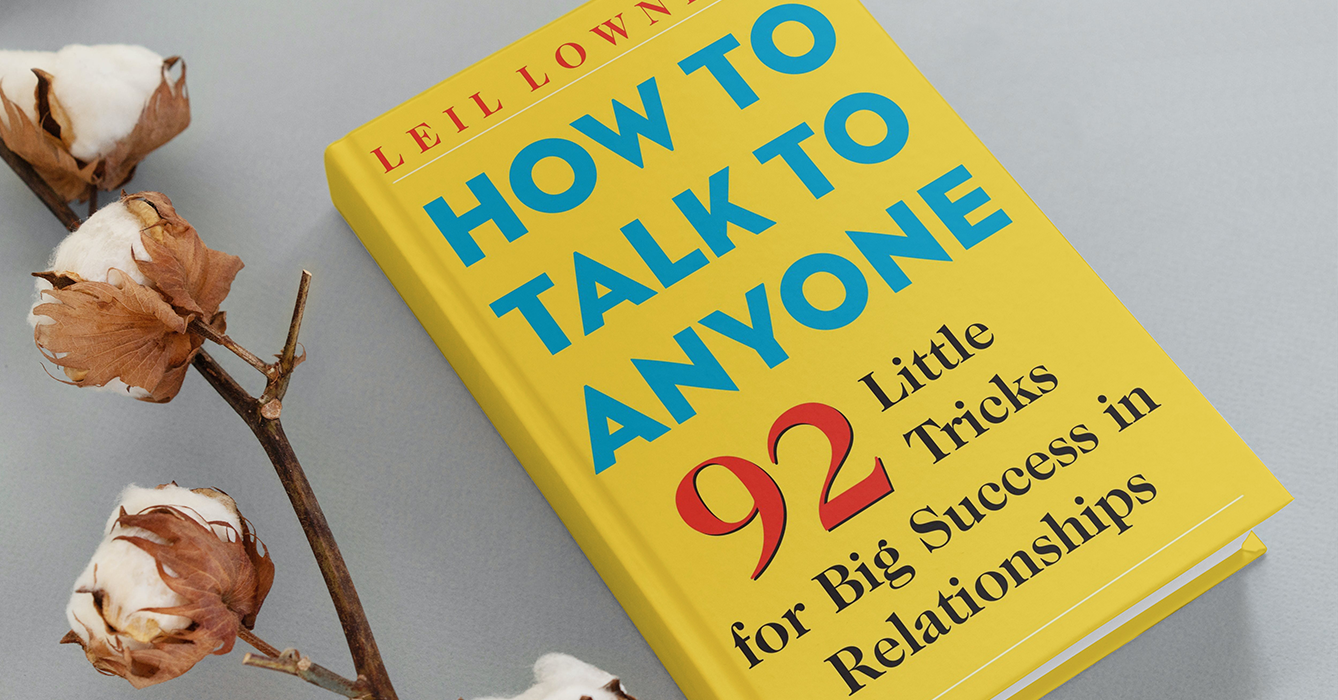
Author: Leil Lowndes
I mention this because it’s a popular book, even though it’s not my personal favorite.
It presents 92 tips for making conversation. This is overwhelming for me, who likes to read a book from cover to cover, but I understand that it’s made for skimming and picking the advice you think sounds interesting.
It’s a fast read and quite basic. Most of the advice is business focused.
Do buy this book if…
- You like the format of a long list of tips.
- You are looking for something business-focused.
Do NOT buy this book if…
- You want something in-depth.
- You are looking for advice on how to make conversation outside of work.
- You want to learn how to build closer relationships.
4.5 stars on Amazon.
Best books covering more advanced techniques
Top pick for taking your skills to the next level
7. How to Speak – How to Listen
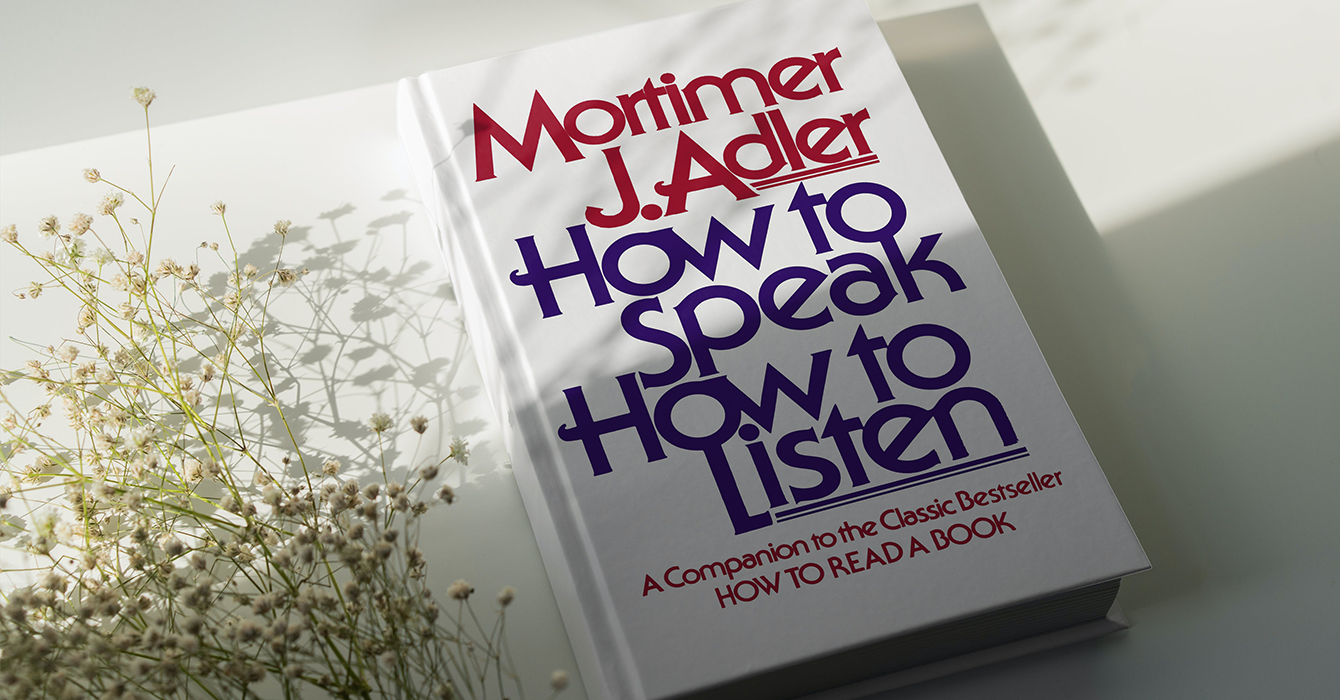
Author: Mortimer J. Adler
You could say that this book is about how to take your conversations from “good to great” rather than covering the basics.
It sometimes gets a bit long-winded and isn’t as to the point as many other books, but if you have the time, I recommend it.
Do buy this book if…
- You already master the basics and want something to take you “from good to great.”
- You want a philosophical approach to conversations – a book that looks at the bigger picture and conversation’s role in society.
Do NOT buy this book if…
- You’re short on time and want to cut straight to the techniques. (If so, choose The Fine Art of Small Talk.)
- If you want to cover the basics first. (If so, choose Conversationally Speaking. Or, if you want to go even more basic, go for Improve Your Social Skills).
4.4 stars on Amazon.
Top pick for more meaningful conversations
8. Fierce Conversations
Author: Susan Scott
The main message of this book is that if we want to have meaningful conversations, we have to be honest with ourselves and other people. The author explains 7 principles that will help you to understand what you and the people around you want and need, solve challenges in your relationships, and take responsibility for your words.
The book includes lots of written exercises to help you remember and use the author’s tips. If you like self-help books with worksheets, this guide could be a great choice.
Note that although the ideas in this book can apply to personal relationships, the book focuses mostly on workplace situations.
Do buy this book if…
- You find worksheets helpful.
- You want a book that focuses mainly on business and professional leadership.
Do NOT buy this book if…
- You want a brief read. Some readers find this book too long-winded.
4.6 stars on Amazon.
Top pick for advice in biography form
9. How to Talk to Anyone, Anytime, Anywhere
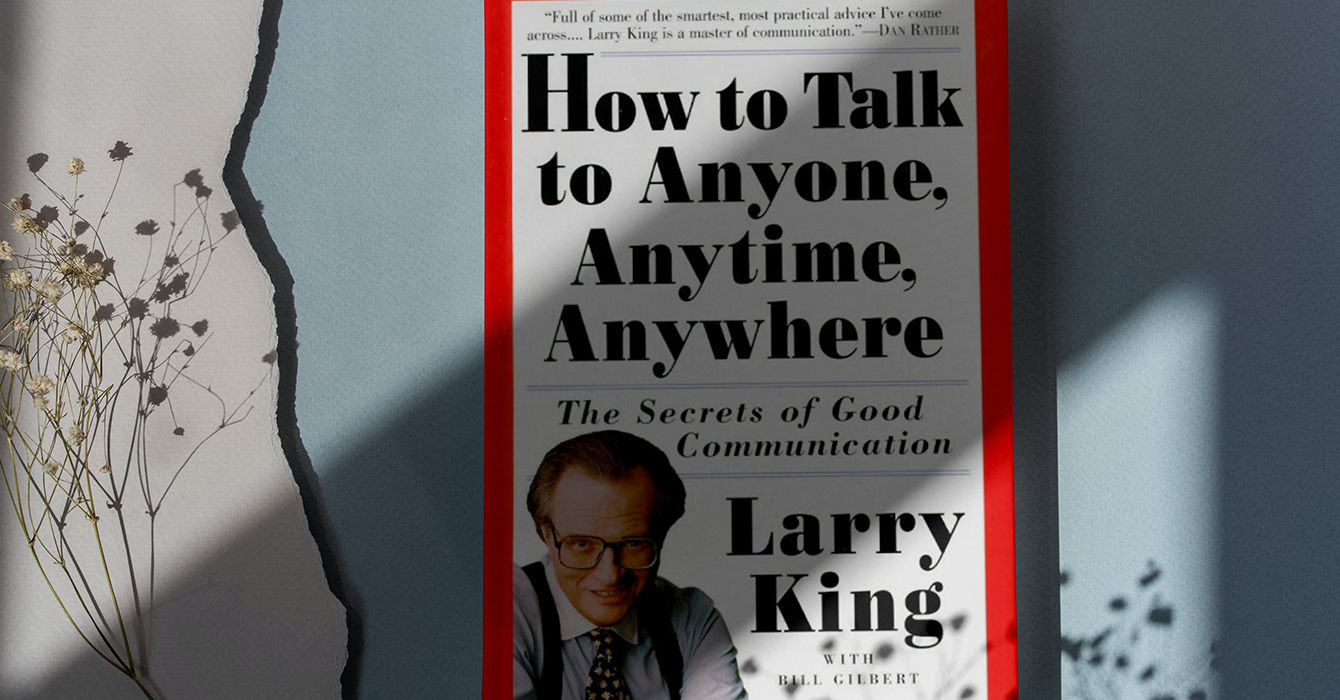
Author: Larry King
This is a book by the 80s-90s talk show host Larry King. He shares what he’s learned after talking to thousands of people on and off camera. Unlike the other books in this list, this one is written in biography form.
In other words, the book is all about anecdotes and not about step-by-step techniques.
Do buy this book if…
- You prefer the biography format over the “handbook” format.
- You want to learn from someone who’s guaranteed to have spent most of his life talking to people.
Do NOT buy this book if…
- You are looking for highly actionable advice on how to make conversation.
- You want in-depth advice.
- You want a quick read.
4.4 stars on Amazon.
Top pick to help build communication skills
10. If I Understood You, Would I Have This Look on My Face?
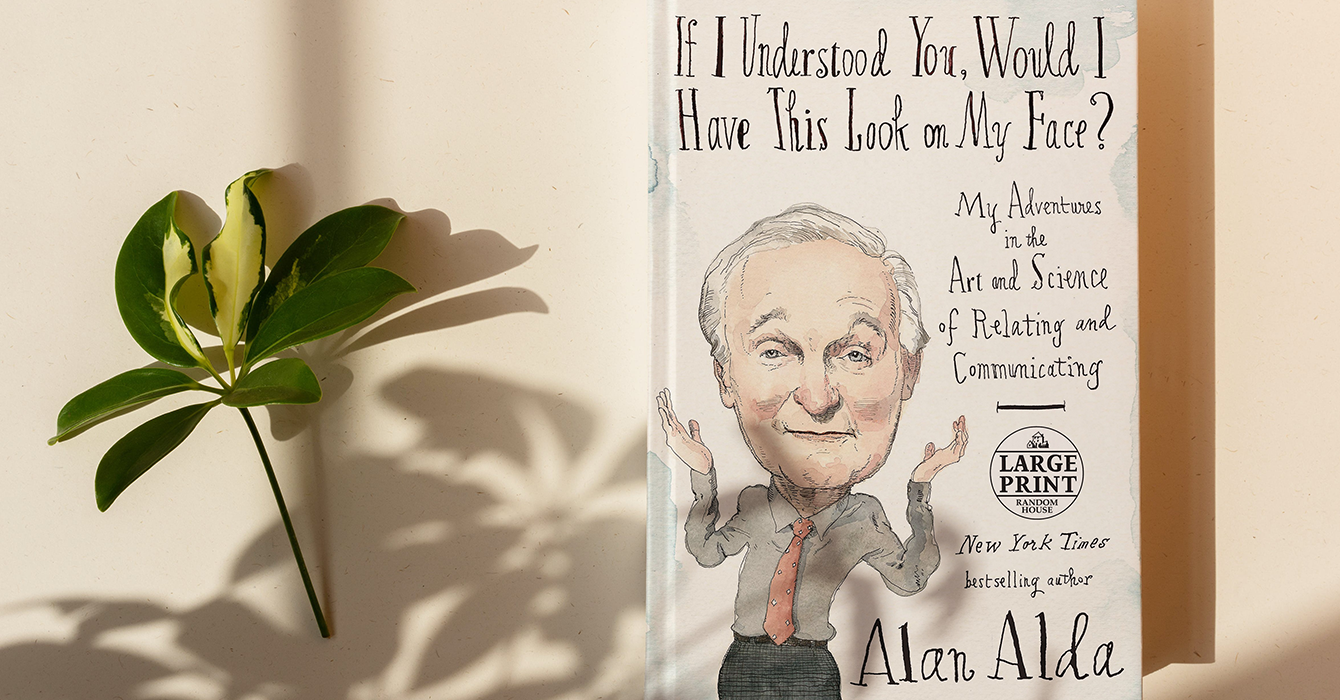
Author: Alan Alda
This is a classic on being a better communicator. (In other words, this is NOT about the basics of conversation, strategies for avoiding awkward silence, and so on.)
It DOES cover how to be a better listener, how to avoid misunderstandings, build rapport, and have hard conversations.
Do buy this book if…
- You want to be better at communicating. If so, this is the gold standard.
Do NOT buy this book if…
- You’re looking for the foundations.
- You want to be better at small talk and everyday conversation.
4.5 stars on Amazon.
Top pick for charismatic conversations
11. The Charisma Myth
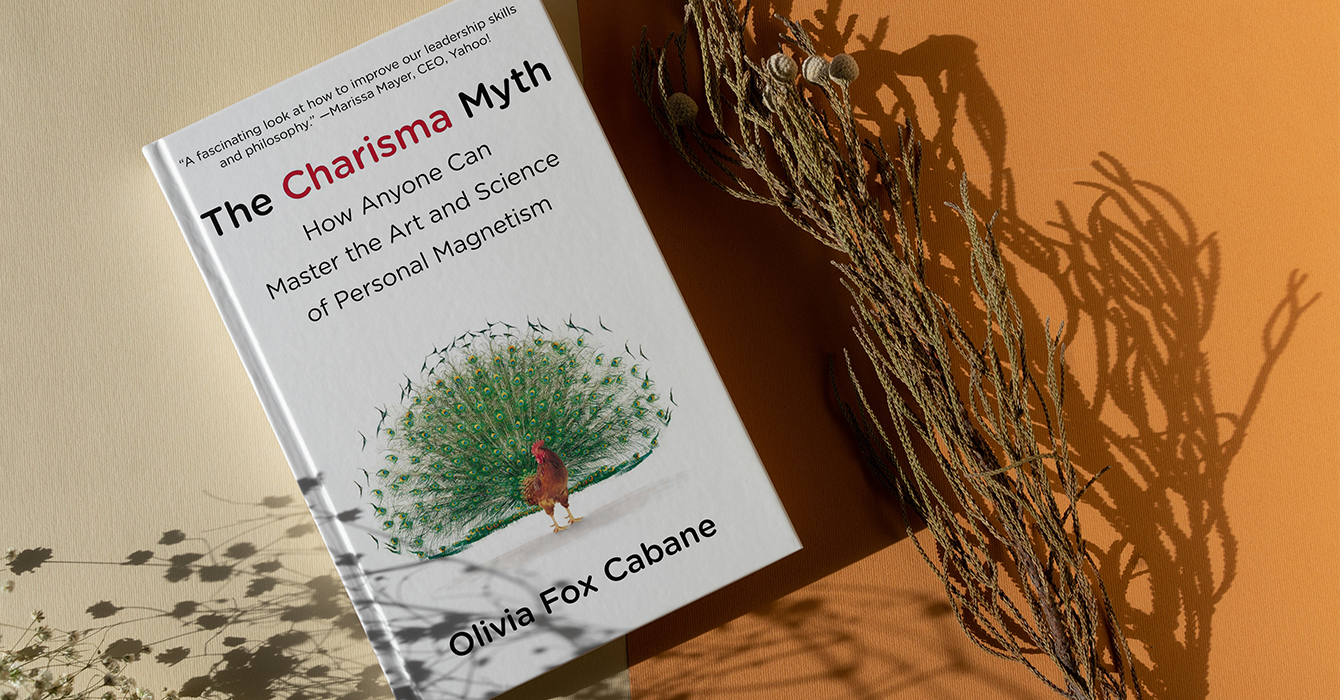
Author: Olivia Fox Cabane
This is a new book compared to a classic like How to Win Friends, but it’s been praised as a 21st-century replacement for that book.
Please note that while there is a chapter specifically on how to talk to people, this book covers much more than making conversation—it aims to help you become more charismatic in general.
Do buy this book if…
- You want to be more charismatic in your conversations.
- If you want a holistic view of social interaction.
Do NOT buy this book if…
- You want something specifically about making conversations.
- You want to learn the basics first.
4.5 stars on Amazon.
Top pick on asking effective questions
12. Power Questions
Authors: Andrew Sobel and Jerold Panas
The main message of this book is that when you ask the right questions, you can get to know people on a deeper level, become more persuasive, and solve problems more quickly. The book is broken down into 35 short chapters. Each chapter is based on a real-life conversation and shows how and why questions are so powerful. The book mostly talks about business scenarios, but the questions could also be useful in your personal relationships.
Do buy this book if…
- You want to improve your conversations and relationships by asking smarter questions.
- You like books that contain a lot of examples.
Do NOT buy this book if…
- You’re looking for a book that covers multiple conversation skills; this book focuses on a niche topic.
4.5 stars on Amazon.
Best books on having difficult conversations
Top pick for dealing with tough conversations
13. Difficult Conversations
Authors: Douglas Stone, Bruce Patton, & Sheila Heen
This book is an in-depth guide to handling difficult conversations in your personal and professional life. The authors have developed their own theory that explains why some conversations are difficult, which makes for interesting reading. Although this book covers a lot of theory, it’s written in plain language. The book also contains lots of examples to help you put the authors’ advice into practice.
Do buy this book if…
- You want to learn some strategies that will help you stay calm while successfully negotiating with others or resolving an argument.
- You are interested in theories about communication.
Do NOT buy this book if…
- You aren’t particularly interested in theory or research and just want a book of practical tips.
4.7 stars on Amazon.
Top pick for learning fundamental negotiation skills
14. Never Split the Difference
Authors: Chris Voss and Tahl Raz
This title is easy to overlook because, at first glance, the description suggests that it’s only relevant to business negotiations. However, the information from this book can be applied to many different situations.
The book is written by a kidnapping and hostage negotiator from the FBI. It contains stories about dramatic life-and-death scenarios where negotiation skills are important. But it also covers everyday situations, like asking for a raise.
Do buy this book if…
- You want to learn the art of negotiation and apply it to all aspects of your life.
- You like books with lots of real-world examples.
Do NOT buy this book if…
- You don’t enjoy reading lots of personal anecdotes.
- You just want a general guide on how to make conversation.
4.8 stars on Amazon.
Top pick for dealing with confrontations
15. Crucial Confrontations
Authors: Kerry Patterson and Joseph Grenny
Kerry Patterson and Joseph Grenny wrote Crucial Confrontations as a follow-up to Crucial Conversations. The book explains what you should do before, during, and after a confrontation with someone who has let you down. It also helps you decide whether it’s worth confronting someone in the first place, which is helpful if you find it hard to pick your battles. The strategies are backed by research, and the authors explain them in depth. It’s quite long, but if you are serious about learning how to handle confrontations, this book is a great pick.
Do buy this book if…
- You want to learn how to deal with conflict.
- You want some advice that’s backed up by research.
Do NOT buy this book if…
- You’re looking for a quick read.
4.6 stars on Amazon.
Top pick for navigating sensitive topics in-person and online
16. Crucial Conversations: Tools for Talking When Stakes Are High
Authors: Kerry Patterson & Joseph Grenny
This book is 20 years old, but the advice is still useful today. The current edition contains advice on how to have crucial conversations digitally, so it’s a good choice if you often have to talk about sensitive issues via email or text.
The authors explain how to navigate difficult, emotionally-charged conversations where each person holds a different opinion about a high-stakes issue. The book provides tips to help you find common ground, solve problems, state your needs, and remain calm when you’re trying to find your way through a tense conversation.
Do buy this book if…
- You like books that are broken down into short, easy-to-read chapters.
- You want to learn how to deal with difficult conversations both in person and online.
Do NOT buy this book if…
- You find it hard to remember acronyms when you actually need to use them. The authors like to use mnemonics, e.g., STATE, ABC, and AMPP, and you’ll need to memorize what each letter means.
4.7 stars on Amazon.
Best books that focus on making deeper connections
Top pick for growing authentic connections
17. Everyone Communicates, Few Connect
Author: John Maxwell
This book teaches you how to connect with people and build positive relationships. Although there are some practical tips to help you have better conversations, it’s mostly about changing your attitude and growing rapport by being more open, authentic, and outward-looking. Many people have found this book inspiring and easy to read, but some reviews complain it’s light on concrete advice. The author believes that his tips can apply to both your personal and professional life, but the book is targeted mainly at business leaders.
Do buy this book if…
- You are a leader who wants to communicate better with people at work.
- You want an easy read.
- You like books with a lot of anecdotes and examples.
Do NOT buy this book if…
- You’re looking for a book with lots of practical tips. For step-by-step advice, Just Listen or Fierce Conversations would probably be better picks.
4.7 stars on Amazon.
Top pick for listening skills and empathy
18. Just Listen
Author: Mark Goulston
Just Listen is for people who want to be better at getting through to others. It explains that by learning to listen carefully to people, showing empathy, and making them feel valued, you can make yourself heard and have more constructive conversations.
This is a very practical book with lots of tools and “fast fixes” to help you handle tough conversations, even when you’re talking to someone who doesn’t want to listen.
The author shares lots of personal stories about times he has used his ability to connect with others. These stories show how the skills in the book can be useful, but the anecdotes sometimes feel like padding.
Do buy this book if…
- You want to learn how to handle emotionally charged situations.
- You often feel unheard by the people around you.
- You want to improve your listening skills.
Do NOT buy this book if…
- You dislike swearing; the author uses language that some people might find vulgar or offensive.
4.7 stars on Amazon.
Best books for people with social learning difficulties
Top pick for the core basics of making conversation
19. Improve Your Social Skills
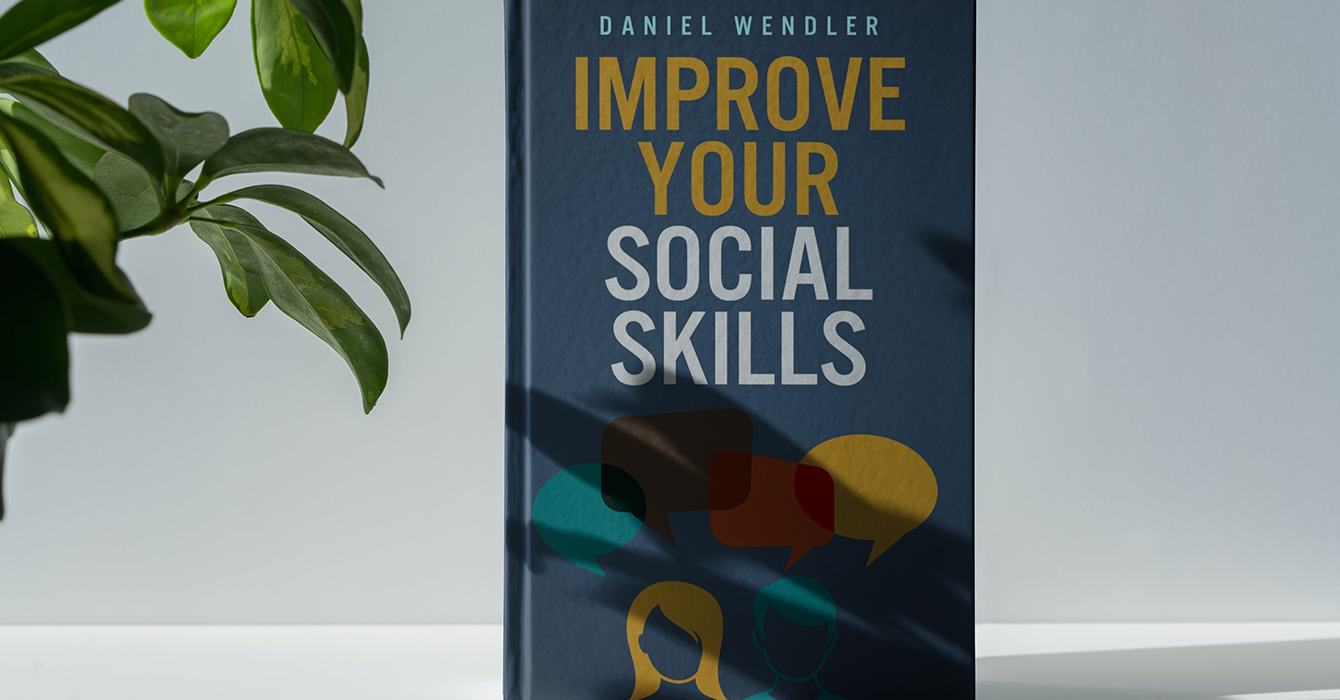
Author: Daniel Wendler
This book covers the very basics of social interaction and conversation-making. The author has Aspergers, which gives this book a different approach to conversations than the other books on this list.
Do buy this book if…
- You want to have something that covers the cornerstones of making conversation.
- You have Aspergers (or are on the autism spectrum) or simply want to make sure to build your knowledge from the ground up.
Do NOT buy this book if…
- If you are looking for a more advanced take on conversations or have already read up on the basics. (Then, I would recommend The Charisma Myth.)
4.3 stars on Amazon.
Top pick for people who struggle to read social cues
20. Social Thinking at Work
Authors: Michelle Garcia Winner & Pamela Crooke
If it feels like social cues often pass you by, this book will help you learn to read between the lines when you’re interacting with other people. When you have a better sense of what is and isn’t expected in social situations, it’s easier to have comfortable conversations. This book is aimed at adults with social learning differences or challenges, for example, those with an autism spectrum disorder. It contains lots of clear, practical, step-by-step advice for building better communication skills.
Michelle Garcia Winner’s website, www.SocialThinking.com, is also worth checking out. It contains free articles and other resources to build your social understanding.
4.4 stars on Amazon.
Honorary mentions
These books aren’t the best place to start if you want to get better at talking to people, in most cases because they don’t contain a lot of relevant advice that you can use in your day-to-day life. However, they do contain some useful tips. Some of these titles cover topics that can help you improve your confidence and relationships, including emotional intelligence. Others dive into the science and theory behind communication or give tips on highly specific conversation skills, such as using humor.
A book that looks at the neurobiology of building trust and making conversation
21. Conversational Intelligence
Author: Judith Glaser
This book draws on findings from neurobiology to explain why some conversations are more helpful than others. It covers some important conversation skills, including building rapport and asking questions. The author puts a lot of emphasis on building trust, which she believes is essential for high-stakes conversations. But this guide is aimed mostly at business leaders, so if you’re looking for tips you can use in everyday life, it’s not the best choice. A few reviewers say that the author uses a lot of unnecessary jargon and acronyms. Some of the scientific explanations appear too simplified or inaccurate.
Do buy this book if…
- You’re in a leadership role and want to improve your communication and conversation skills at work.
Do NOT buy this book if…
- You want a reliable, in-depth guide to the neurobiology of conversation.
4.5 stars on Amazon.
An in-depth analysis of over 1,000 real-life conversations
22. The Conversation Code
Author: Gregory Peart
The Conversation Code is based on the idea that great conversationalists have six skills that anyone can learn. To demonstrate how you can put these skills into practice, Gregory Peart analyzes over 1,000 examples of real-life conversations in his book. He also offers advice on coming up with interesting things to say, which may be helpful if your mind goes blank in social situations. Some reviews say that the advice can be overly simplistic in places and that the sheer number of examples can make it a dense read. The book doesn’t have many reviews, so I recommend it with caution.
Do buy this book if…
- You want lots of realistic examples of conversations across a range of social settings.
4 stars on Amazon.
A book that explains why communication skills are important in the modern workplace
23. Five Stars
Author: Carmine Gallo
One-third of this book contains practical advice on how to be a more persuasive and motivational communicator, which could help you have more productive conversations. The remaining chapters are mainly about the increasing importance of communication skills in the workplace. If you like reading stories about successful communicators while picking up a few tips on how to express your ideas and hold people’s attention, this book is worth a read.
Do buy this book if…
- You want to read lots of inspiring, real-life case studies that show the power of strong communication skills.
- You want to sell your ideas to other people and be more persuasive.
Do NOT buy this book if…
- You’re looking for general advice on how to improve your communication skills in your personal relationships.
- You want a book that contains lots of practical tips and techniques.
4.5 stars on Amazon.
A thought-provoking book about the effects of technology on our conversation skills
24. Reclaiming Conversation
Author: Sherry Turkle
Compared to many other titles on this list, this book doesn’t offer very much practical, step-by-step advice for anyone who wants to be a better conversationalist. But if you’re interested in the impact of technology on our conversation skills, relationships, and empathy, it’s worth a look. Some reviews say that it’s repetitive in places, so it may not be the best choice if you’re looking for a quick, easy read.
Do buy this book if…
- You want to learn more about the benefits of in-person conversation and the disadvantages of trying to replace it with technology.
Do NOT buy this book if…
- You want a book that offers lots of practical advice on improving your communication skills.
4.4 stars on Amazon.
An in-depth guide to improving your emotional intelligence (EQ)
25. Emotional Intelligence 2.0
Authors: Travis Bradbury, Jean Greaves, & Patrick M. Lencioni
This book contains some tips to help improve your social awareness and to have better conversations. However, as the title suggests, it’s mainly about emotional intelligence (EQ). The authors break EQ down into four skills and explain how to improve your abilities in each area. When you purchase the book, you get access to an online test you can use to measure your EQ. Some readers find the test helpful, but some reviews say that the test isn’t in-depth enough to be of any use. Overall, the book is worth a read if you want to learn to manage your emotions and strengthen your relationships, but it doesn’t cover basic conversation skills.
Do buy this book if…
- You’d like to follow a step-by-step plan to improve your EQ.
- You like the idea of measuring and tracking your EQ.
Do NOT buy this book if…
- You just want to refine your conversation skills.
4.5 stars on Amazon.
A self-help classic to help boost your confidence
26. The 7 Habits of Highly Effective People: Powerful Lessons in Personal Change
Author: Stephen R. Covey
Covey’s book isn’t about making conversation. However, it contains lots of advice that could help you become more self-aware and self-confident, which may help you feel more comfortable in social situations. If you have negative thoughts or beliefs that hold you back, this book could help you develop a more positive mindset. Some readers have complained that Covey uses too many buzzwords and tends to repeat the same ideas over and over again, but the book has thousands of good reviews.
Do buy this book if…
- You want to improve your relationships, not just your conversation skills.
- You lack confidence and want to feel more at ease around other people.
4.6 stars on Amazon.
A book of techniques that may help you bring humor to your conversations
27. You Can Be Funny and Make People Laugh
Author: Gregory Peart
Gregory Peart wrote The Conversation Code, another book on this list, which is a general guide to having better conversations. In You Can Be Funny, he outlines 35 techniques for making people laugh. This book contains over 250 examples that supposedly show you how to be funnier in conversations. The drawback: if you don’t share the author’s sense of humor, you won’t find the book very useful. Some reviewers say that the book doesn’t work for them because the examples are too corny.
Do buy this book if…
- You like books that are full of detailed examples.
- You don’t mind corny humor.
Do NOT buy this book if…
- You like dry or subtle humor.
4.3 stars on Amazon.
A useful primer for anyone who wants to tell good stories
28. Unleash the Power of Storytelling
Author: Rob Biesenbach
The author begins by explaining why stories are so powerful and the ingredients that make a story work. He lays out a clear, step-by-step formula you can use to create stories of your own. It’s a short, highly practical, easy-to-read book that covers the basics of storytelling, which is great if you want to pick up tips quickly. The book is somewhat repetitive, but it contains an impressive amount of advice, given that it is only 168 pages long.
Do buy this book if…
- You don’t have much experience in storytelling and want to learn the basics fast.
- You want to apply storytelling to a business context. The general principles apply to non-professional settings, but the book is written mainly with a business audience in mind.
Do NOT buy this book if…
- You want a book that combines practical tips with a deep dive into the science behind storytelling.
4.4 stars on Amazon.
An easy-to-read introduction to body language
29. The Definitive Book of Body Language
Authors: Barbara and Alan Pease
This book teaches you how to decode body language, which can help you “read between the lines” during conversations. The authors aren’t psychologists or scientists, and this book is based mainly on their experiences and opinions. But even though it’s not backed up by solid research, lots of people have found it helpful as a beginners’ guide to body language.
Do buy this book if…
- You want to learn about body language and want an easy-to-read primer.
Do NOT buy this book if…
- You like reading self-help books that are based on scientific facts and theories.
4.5 stars on Amazon.
Developing conversation skills and confidence
30. How to Talk to Absolutely Anyone
Author: Mark Rhodes
This book is a step-by-step guide to developing your confidence, approaching people, starting up a conversation, and keeping it going. There’s some useful advice about how to overcome social fears that can get in the way of making conversation, including the fear of rejection. The author includes a 31-day “Zero To Hero” confidence course, which pulls together the advice in the book. There’s some solid advice, but lots of it is too basic and there are better books out there.
Do buy this book if…
- You like the idea of following a structured plan.
- You want to improve your social confidence along with your conversation skills.
Do NOT buy this book if…
- You already have a basic level of social confidence.
4.2 stars on Amazon.
31. The Art of Civilized Conversation
Author: Margaret Shepherd
This guide is a good choice if you want to read up on the basic rules of conversation and feel more confident around other people. But parts feel a bit… Victorian. You’re not supposed to ever bring up strong opinions, and so on. I’m imagining this is the perfect book for you who do lots of tea parties or fundraising dinners but other than that there are better picks.
Do buy this book if…
- You want to learn how to have better conversations in a wide variety of social situations.
- You like books that contain lots of realistic examples.
Do NOT buy this book if…
- You want to learn how to handle deep or high-stakes conversations.
4.6 stars on Amazon.
Other Books I’ve Reviewed
Here are other books related to conversation skills. Most of them contain less relevant advice or have better alternatives.
32. Power Relationships
Author: Andrew Sobel
Like the author’s other book on this list, Power Relationships is broken down into lots of short chapters that are based on real-life stories, which makes it entertaining and easy to read. But this book is focused on relationships, not conversation skills, so it probably isn’t much help if you want to learn how to talk to people.
4.6 stars on Amazon.
33. The Art of Focused Conversation
Author: R. Brian Stanfield
This book is about improving communication in businesses, so it isn’t relevant to most people who want to improve their everyday conversation skills.
4.6 stars on Amazon.
34. The World Cafe
Authors: Juanita Brown, David Isaacs
This book was written for people who need to host group discussions in organizations, not for readers who want to become good conversationalists.
4.5 stars on Amazon.
35. Social Fluency
Author: Patrick King
An extremely short book that tends to state the obvious and doesn’t contain much practical advice.
4.3 stars on Amazon.
36. How to Succeed with People
Author: Patrick McGee
The author does give some tips for handling conversations and conflict, but this book is mainly about general people skills and dealing with coworkers.
4.3 stars on Amazon.
37. Failure to Communicate
Author: Holly Weeks
This book is focused solely on how to handle communication problems and conflict at work.
4.4 stars on Amazon.
38. Dealing with People You Can’t Stand
Author: Rick Kirschner
As the title suggests, this book has a very narrow focus: dealing with people who make your life difficult. It’s not especially useful if you want some general tips that will help you to become a better communicator.
4.4 stars on Amazon.
39. Smart Speaking
Authors: Laurie Schloff, Marcia Yudkin
A book of short tips that offers quick fixes for speaking and communication problems (e.g., how to adjust your voice if you sound monotonal) rather than actionable advice on how to be a better conversationalist.
4.8 stars on Amazon.
40. How We Talk
Author: N.J. Enfield
This is a great read if you want to learn about the science of language and conversation, but it isn’t a self-help book.
4.2 stars on Amazon.
41. The Art of Asking
Author: Terry J. Fadem
The idea of this book is similar to Power Questions, but it has fewer positive reviews and it’s completely focused on business situations.
4.2 stars on Amazon.
42. Small Talk: How to Connect Effortlessly with Anyone
Author: Betty Bohm
A short, repetitive book. It isn’t very well-written, and the advice is rather basic.
3.6 stars on Amazon.
43. The Power of Approachability
Author: Scott Ginsberg
This book talks about how to come across as friendly and create a positive first impression, but it doesn’t contain much advice on how to keep conversations going.
3.9 stars on Amazon.
44. Power Talking
Author: George R. Walther
A list of quick tips, techniques, and phrases rather than a useful, step-by-step guide to better conversations.
4.3 stars on Amazon.
45. How to Work the Room
Author: Susan RoAnne
A classic book with great reviews, but it’s mainly for people who want to learn the art of networking in a business context.
4.3 stars on Amazon.
46. The Small Talk Code: The Secrets of Highly Successful Conversationalists
Author: Gregory Peart
This guide focused on small talk, so it’s not much help if you want to learn how to have more meaningful conversations. In addition, it has very few reviews and is currently available only as an audiobook.
4.5 stars on Amazon.
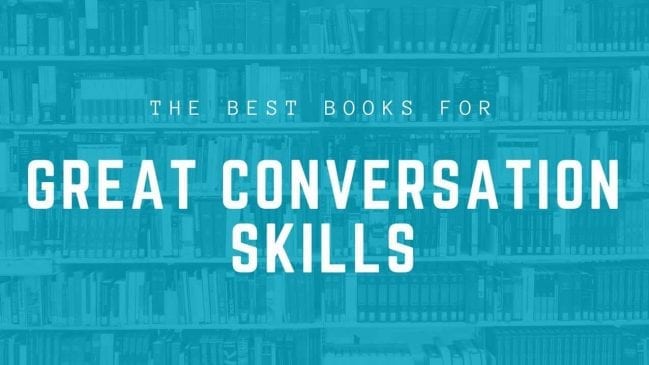










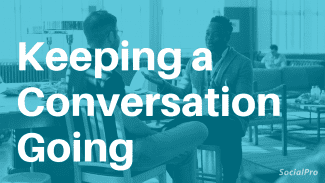

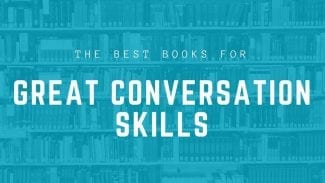

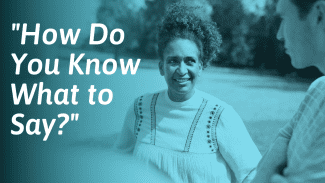
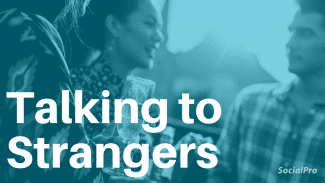
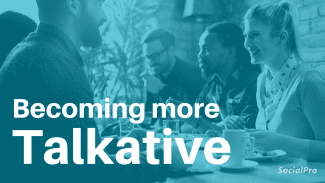
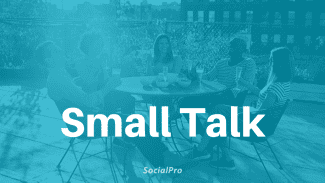

I also love the book “You’re Not Listening” by Kate Murphy
Thank you so much for this list, really helpful
could this topic be any better?? no way :))
Great list!;)
However, I am still doubting which book would be the best to learn about deep conversations, not small talk but deep meaningful conversations?
Concrete guidance would be better than explaining conversations in general.
Or maybe some new books on this topic already exist that are not on the list?
Thanks in advance,
Aiva
I’m impressed all of the books are hardback in the photos!
Very good.
Good format.
I did find one for me.
Hi, David. You said that The Conversation Code is uneven in its quality, right? I’ve just bought the book so could you detail it a little bit more? Thank you for the list
Thank you so much for this list, this is probably the most comprehensive list I found. I really appreciate the explanation for each book and why I should or shouldn’t buy it.
Great insights, thanks for this! I’ve read #6 “How to Win Friends and Influence People”, and #10 “How to Talk to Anyone”. I agree, #6 is an excellent foundation! And #10 is a bit of a tips and tricks guide, which can be fun, but like you said, not really a book to read start-to-finish. Cheers!
Glad you liked it, Katherine.
Cheers!
A great overview – thanks David.
Awesome content! Been looking through these books unsure of which to get, this list will definitely help me choose.